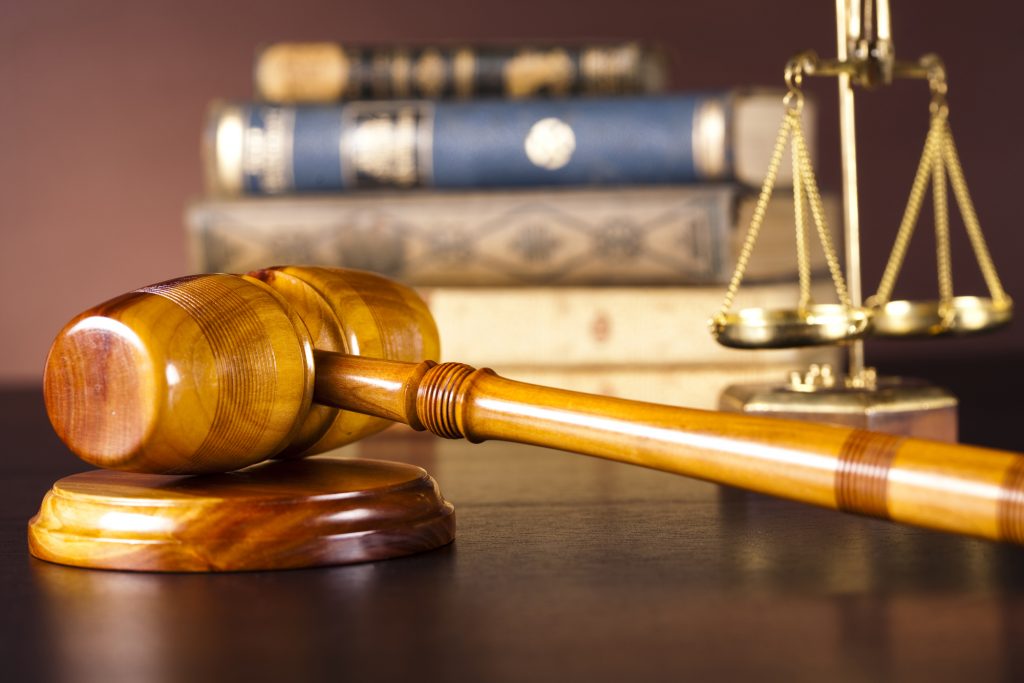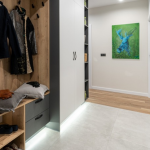You do not want to either slip or trip when you are in a store or walking up someone’s steps. If you fall and land awkwardly, you can injure yourself, either slightly or severely. One thing you should realize, though, is that there are differences between a trip-and-fall and a slip-and-fall legal case if you end up in a courtroom and try to hold someone accountable for what happened.
You might feel like there is little difference between slipping and falling and tripping and falling. The result is the same: an injury. However, there can be a distinction from a legal standpoint that might make more of a difference than you can imagine.
Let us talk about how these two situations differ if you decide to hire a lawyer and pursue the matter in court.
A Major Slip-And-Fall And Trip-And-Fall Difference
If you want to know what’s different about trip-and-fall and slip-and-fall cases, one noticeable difference, at least some of the time, is that if you slip and fall, you might not stumble over an object. Perhaps there is ice on the ground, or there is a slick surface, because a store employee washed the floor.
Those are some common slip-and-fall scenarios. With a trip-and-fall case, you might not see an object that is on the ground, and it could trip you up. That object’s presence causes you to fall.
Are You More Likely To Win A Slip-And-Fall Or Trip-And-Fall Case?
If you are curious as to whether you are more likely to win a trip-and-fall or slip-and-fall case in court, there is probably not a better chance of winning one over the other. Either one is an example of what a lawyer will call a premises liability case.
A premises liability lawsuit happens when you trip, slip, fall, or otherwise injure yourself on someone else’s property. You might be over at a friend’s house when it happens, or you could be in a store. If you want to know your chances of winning your specific case, it’s worth engaging the services of a Personal Injury Lawyer who specializes in slip-and-fall or trip-and-fall cases.
You might trip and fall when walking down a public sidewalk. If so, you may attempt to sue the city for negligence, because you feel like the public works department should have fixed the crack that caused your accident.
How Can You Prove Liability?
If you want to prove liability in either a trip-and-fall or slip-and-fall case, you will first need to contact an experienced lawyer and tell them all about what happened. They can tell you whether, in their professional opinion, you have a chance at winning a lawsuit or not.
You will need to hire a lawyer who has handled many of these cases since they will know all the law’s ins and outs in this area. They know what it takes to prove premises liability, and they will understand how to gather that evidence.
What Must You Establish In Premises Liability Lawsuits?
Your lawyer will have to establish a few different things if you want to cash in when you take the responsible party to court. Most importantly, they must prove that the responsible individual or entity knew about the condition and failed to correct it. That is as close to an open-and-shut case as you’re ever liable to get with a trip-and-fall or slip-and-fall.
Apart from that, you might have a scenario where the property’s owner may not have known about the dangerous condition, but the law states they should have corrected it anyway. These cases are harder to win.
A jury will likely notice the difference between cases where someone knew about a dangerous condition, but ignored it versus one where an unsafe condition existed, however the property owner did not realize there was any danger. The first instance paints the owner in a harsher light. The second circumstance makes them out to be a more sympathetic figure.
The biggest reason you might lose a slip-and-fall or trip-and-fall case is that your lawyer establishes that a dangerous situation existed, and it caused you to hurt yourself, but they cannot establish that condition existed for very long. For instance, let us say you tripped on a sidewalk crack right in front of a store and fell.
If your lawyer can show months of security camera footage where that crack exists, you are likely to win that case. The store had ample time to fix the condition but did not do so. If the crack just formed that afternoon and you tripped over it, you are not as likely to win.
If a slip-and-fall or trip-and-fall ever occurs, though, your first move should be obvious: contact a lawyer and speak to them about your options.








